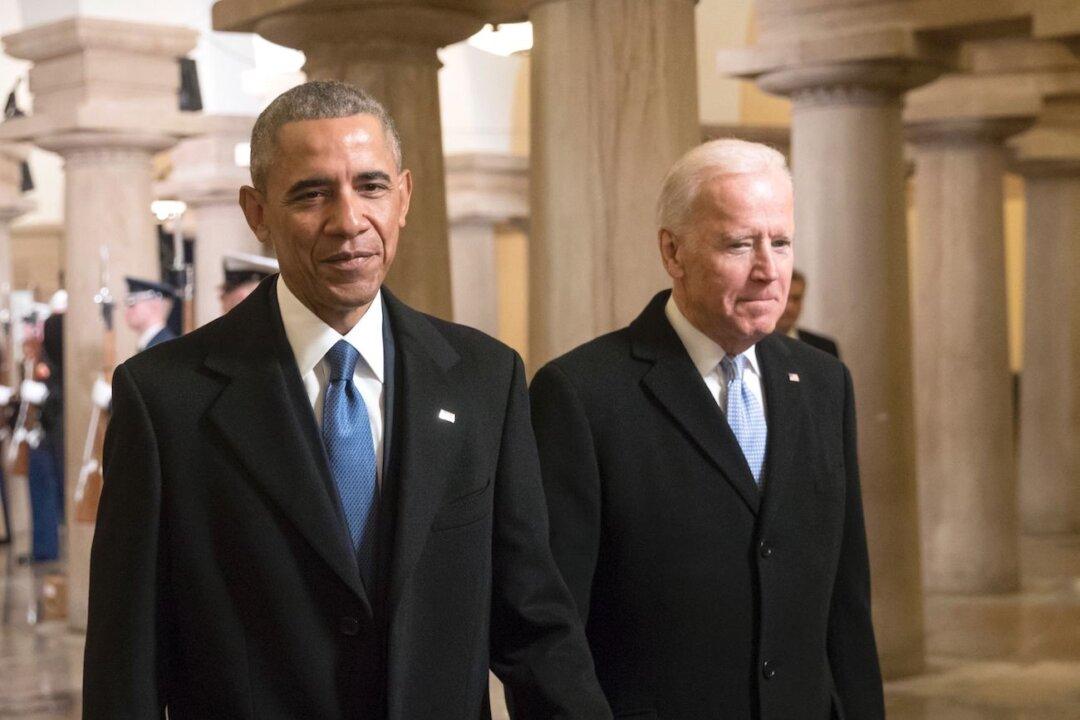Commentary
As Israel continues its systematic assault on Hamas deep inside Gaza, closing in on high-ranking targets and putting the jihadist outfit’s sprawling subterranean tunnel network squarely in its crosshairs, the conversation has already begun to shift away from the warfare on the ground. True, much painful fighting likely remains; true as well, no one can predict the extent to which Hezbollah or the Iranian regime itself might escalate, thereby risking a full-fledged regional conflagration.





